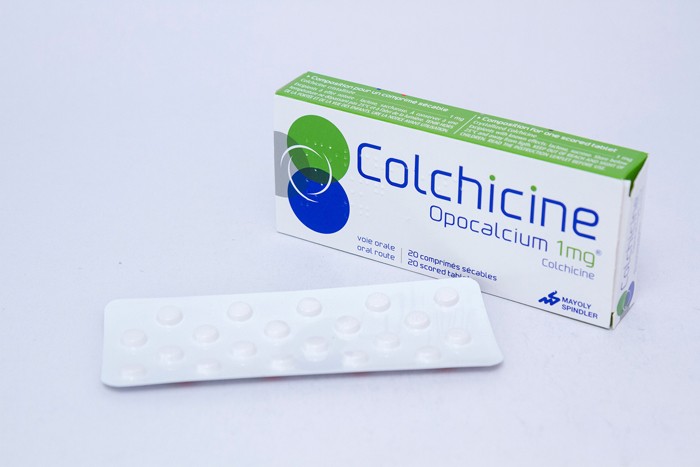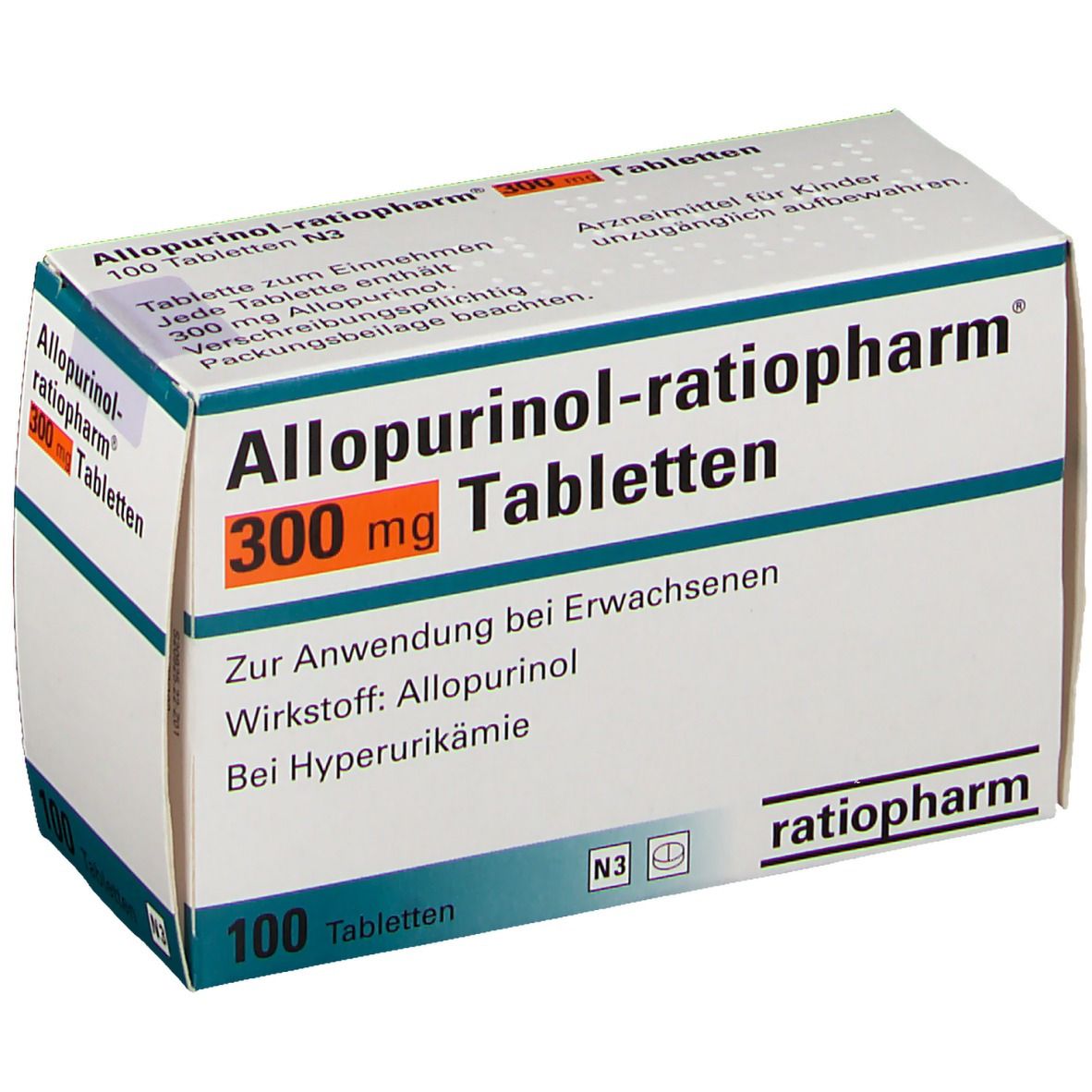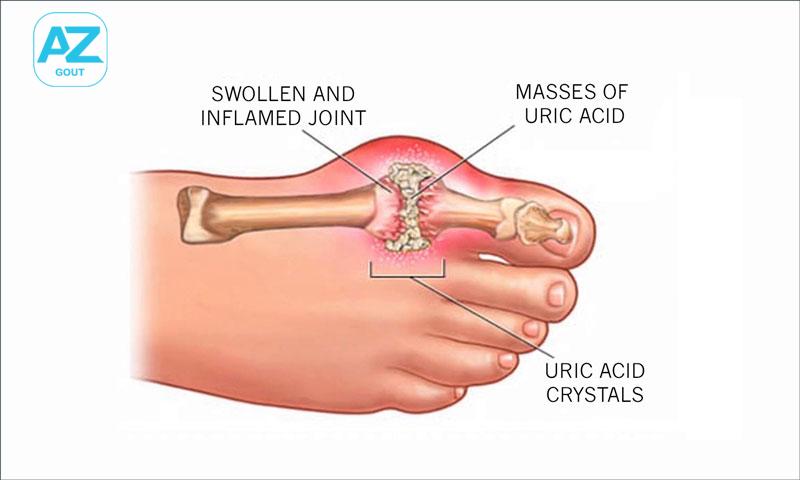Proper circulation is crucial for overall health, ensuring that blood and oxygen flow efficiently throughout the body. Good circulation supports organ function, speeds up wound healing, keeps your brain alert, maintains heart health, and even gives your skin a natural glow.
“Circulation also plays a vital role in the immune system, as the bloodstream carries blood cells that help combat infections,” explains Dr. Marjan Moghaddam, a family medicine physician.
In times when illnesses like the flu and COVID-19 are prevalent, maintaining optimal circulation is even more critical. However, certain conditions can impair circulation, making it important to address them proactively.
Factors Leading to Poor Circulation
Dr. Moghaddam highlights several factors that can negatively impact circulation:
- Peripheral Artery Disease (PAD): Narrowed arteries reduce blood flow.
- Obesity: Excess weight can strain the circulatory system.
- Anemia: Low red blood cell count affects oxygen transport.
- Untreated Blood Clots: Can block blood flow.
- Uncontrolled Diabetes and High Blood Pressure: Both conditions can damage blood vessels.
- Smoking: Contributes to poor circulation and vascular damage.
If you’re experiencing symptoms of poor circulation, consider these signs:
- Reduced energy or concentration
- Cold extremities (hands and feet)
- Thinning hair or hair loss
- Slow wound healing
- Erectile dysfunction in men
Ways to Boost Your Circulation
Improving circulation can be achieved through various lifestyle changes. Here’s what you can do:
1. Increase Cardiovascular Exercise Engage in activities like running, biking, or walking to enhance blood flow. Don’t forget to stretch before and after exercise to keep your muscles and blood vessels healthy.
2. Quit Smoking Smoking impairs blood flow, damages blood vessel walls, and contributes to plaque buildup. “Quitting smoking can rapidly improve your health,” says Dr. Moghaddam.
3. Drink Black or Green Tea The antioxidants in black and green tea help widen blood vessels, facilitating easier blood flow.
4. Address Anemia If you’re anemic, taking iron supplements or eating iron-rich foods can help increase red blood cell production. Include spinach, legumes, and moderate amounts of red meat in your diet.
5. Dry Brush Your Skin Before bathing, use a soft-bristle brush to stimulate circulation. Brush in long, upward strokes from your feet toward your heart.
6. Manage Stress Reduce stress through meditation, yoga, or spending quality time with loved ones. Lowering stress levels can improve overall circulation and well-being.
7. Include Omega-3 Fatty Acids Incorporate fish such as tuna, salmon, and sardines into your diet. Omega-3 fatty acids are beneficial for heart health and can enhance blood flow.
8. Wear Compression Socks and Elevate Your Legs Compression socks help with blood circulation by applying pressure to the feet, and elevating your legs helps move blood towards the upper body. This can reduce swelling and benefit those who are pregnant, have diabetes, or stand for long periods.
By adopting these strategies, you can support and enhance your circulation, contributing to better overall health and well-being.








